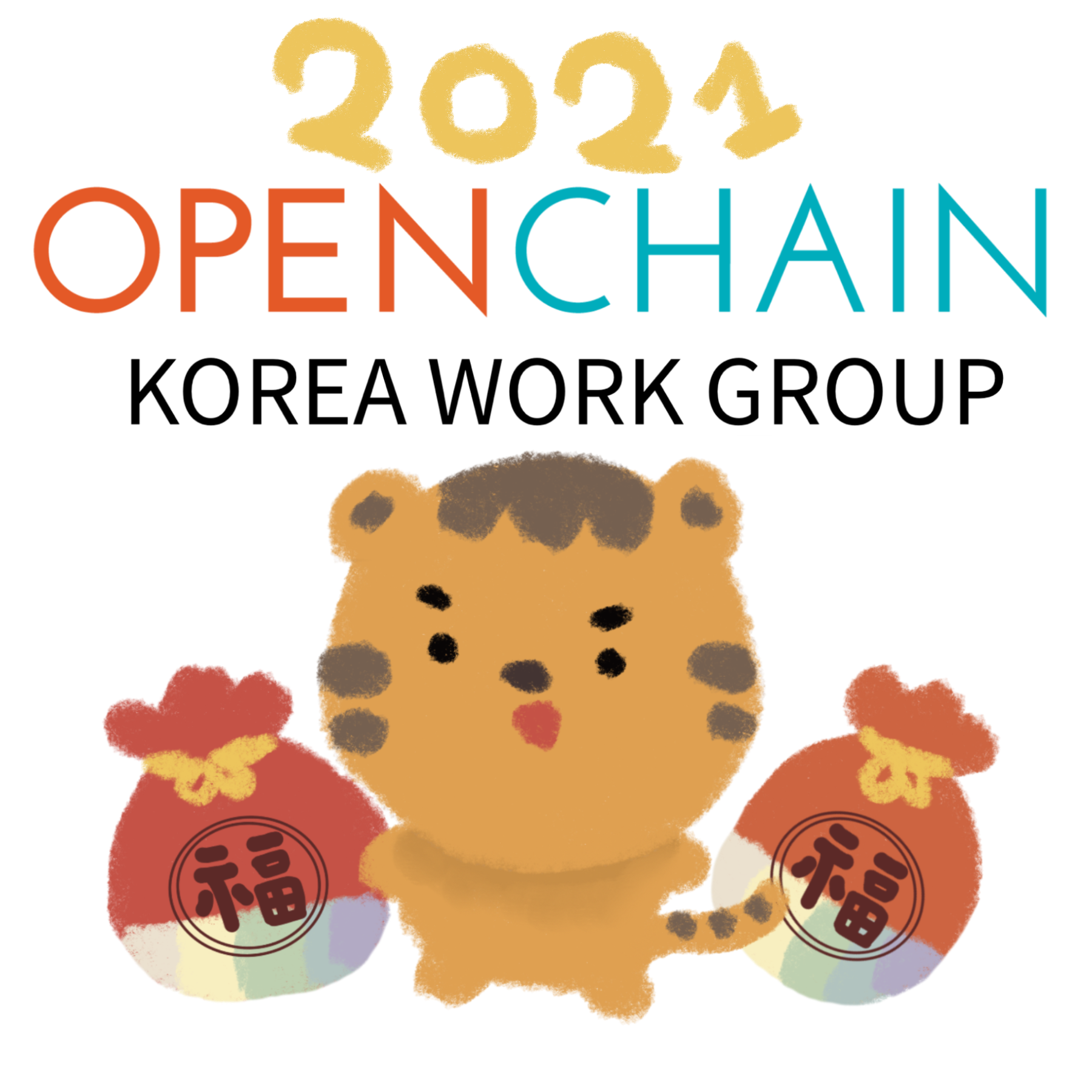
Q1 Mini-Summit
March 10th 15:00 UTC
07:00 PST / 15:00 GMT / 16:00 CET / 20:30 IST
/ 23:00 CST / 00:00 KST / 00:00 JST
Agenda
Three hours. Three important discussions.
First Hour: Our Specification Work Group will work on an optional security support document for OpenChain ISO 5230. This will take the form of an explanatory document illustrating OpenChain usage in the context of security.
Second Hour: Our Education Work Group will work on finalizing the OpenChain online course. The focus will be on merging all remaining comments with the current document. We will also be locking down the “Supplier Education Pack” containing basic supplier education, OpenChain introduction, and our reference training material.
Third Hour: We will review the current “state of the union” in open source automation based on the experience and knowledge of the OpenChain Reference Tooling Work Group. We aim to identity the “pain points” for interoperability between various open source tools for open source compliance.
Location
Zoom – No Registration Required. One click entry:
https://us02web.zoom.us/j/9990120120?pwd=NzVCaFE2L1RRRFZaSkk0dm8xdlplUT09
Meeting ID: 999 012 0120
Passcode: 123456
One tap mobile
+16699006833,,9990120120#,,,,*123456# US (San Jose)
+12532158782,,9990120120#,,,,*123456# US (Tacoma)
Dial by your location
+1 669 900 6833 US (San Jose)
+1 312 626 6799 US (Chicago)
+1 646 876 9923 US (New York)
Find your local number:
https://us02web.zoom.us/u/kW7exlfu





